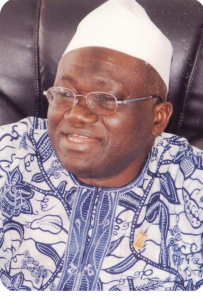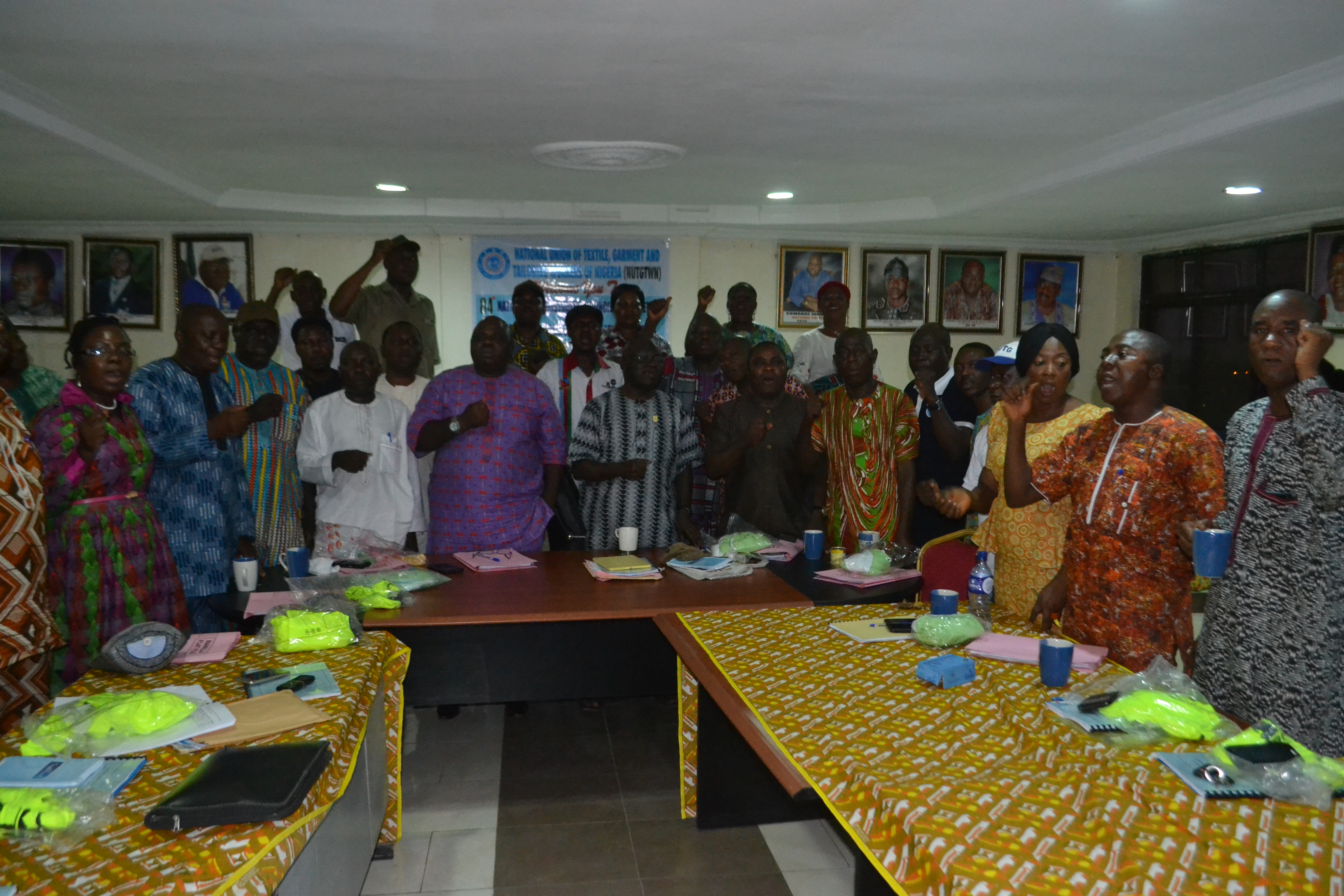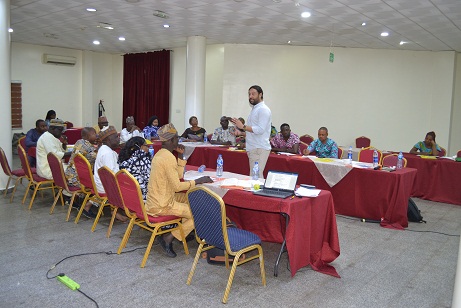
Zamfara State Governor Abdulaziz Yari, Chairman of the Nigerian Governors’ Forum (NGF), hit the headline for the low last week when he said that governors “are not against the upward review of the minimum wage but they only lack capacity to pay it”. The received wisdom had it that if there is the will, there would always be a way.
Is Governor Abdulaziz Yari, saying governors who had the enormous will to seek ways and means to recently finance and refinance serial televised primary and indirect party primaries with some delegates paid in sundry currencies (and certainly more than national minimum wage) suddenly lack the capacity to pay their workforce? Governors’ Forum should tell its tale to whoever wants to listen. But governors’ fairy tale cannot be substitute for a negotiated outcome in a tripartite committee that includes the governors, organized labour and organized private sector employers.
The negotiation committee had arrived at a compromised N30,000 as minimum wage but the governors now belatedly are proposing some N20000! I don’t know of any political party whose house of assembly form is as low as N20000! All governors took the oath to uphold the welfare and security of citizens as contained in 1999 constitution. They therefore had no excuse to deny workers legitimate living wage while they all cling to endless privileges and excesses of executive offices.

Again the point cannot be overstated; the primary purpose of governance is welfare and security of citizens. All State governors should cooperate with President Buhari to ensure successful logical conclusion of the age long negotiation for new National Minimum Wage. 2019 elections should be determined by critical labour market issues like new living wages for workers in both private and public sectors of the economy.
Economic recovery would elude Nigerian economy until the country put an end to persistent crisis of compensation of the working class through enhanced purchasing power which is only possible through prompt and adequate payment of minimum and living wage for the employed workforce”. The key to sustainable development is labour productivity in both public and private sectors which is only possible with motivated paid workers at work and after work through adequate pensions. Nigeria must remain committed to decent work agenda which include payment of a living wage to all categories of workers in the public and private sectors, as an investment in human capital is an investment in nation building.
The current N18,000 national minimum wage at the exchange rate of N150 to $1, amounted to some $120 per month in 2010. However with massive devaluation of the currency in recent years and current exchange rate of almost N360 to $1, minimum wage had dropped to as low as some $40 dollars per month. When we take into consideration the rising inflation it is clear the real income of the working people has declined by over 50% within the last four years. Nigeria now has working poor whose monthly pay can hardly take them home because of government unstable policies. Nigeria certainly cannot be developed with working poor or working beggars who live on delayed worthless pay.
Today, contrary to the ILO principle of decent work, labour is still being treated like a commodity to be bought and dispensed with. Even at that: as a commodity, Nigeria’s labour is the most lowly prized compared to other factors of production like capital and land. Capital market is more attractive because of higher rate of return therein compared to labour market which is miserably depressed. In spite of the effort of trade unions to improve on the wages of workers through collective bargaining, we are still far from the ideal of living wage. In fact there is the new working poor whose salaries and wages can hardly take them to work not to talk of taking them home. All the issues inherent in decent work agenda point to the character and the nature of Nigeria’s development agenda if any at all.
It’s time we interrogate the vision that rightly wants to make Nigeria one of the leading world economies. What makes an economy “big”? The issue is not the bigness of the economy whether now or at some later dates in 2020. The critical success factor is the nature and character of the economy. Is it a job/wage-led economy or job/wage-less economy? Is the economy sustainable, productive and industrial built on value-adding manufacturing activities and mass employment as it is in India and China or extractive, import-consuming, smuggling driven, unemployment driven like Nigeria?
Government must critically re-look at the current neo-liberal policies of deregulation, currency and trade liberalization which have led to factory closures and worsen further income poverty. Governors have enough to reflect on than unacceptably saying they cannot pay workers decent wages? By the way as President Buhari once asked the governors; how on earth do they sleep when they momentarily realize that many of their workers could not sleep because of hunger arising from starvation wages?
By Issa Aremu, mni | Published Date Oct 22, 2018 3:42 AM







